New legal direction puts spotlight on eDiscovery to support the best outcome
- Arkus
- Dec 12, 2022
- 2 min read
Updated: Feb 13, 2023
The Disclosure Pilot became a permanent part of Civil Procedure Rules (CPR) under Practice Direction 57AD in October 2022. Introduced in January 2019 as a pilot, the pilot had objectives which include rendering the disclosure process more cost and time effective.

James Lawson, Head of eDiscovery, from Arkus Consulting reflects on his experience with cases during the Disclosure Pilot phase and what this means moving forward:
1. Earlier collaboration
During the pilot, clients turned to using eDiscovery solutions earlier. This suits our ethos at Arkus as it means we can offer a consultative approach that identifies a proactive strategy in discovering the digital evidence and being better prepared in achieving our clients’ goals.
2. Further backs the purpose of eDiscovery
As PD 57AD is widened to being applied to more courts, a more systematic approach is relied upon. Using a request-based approach when negotiating disclosure earlier in the process requires better, securer and more bespoke eDiscovery solutions. From simple emails through to more complex communication pathways, each element that could be relevant or not relevant can be identified earlier on in the process.
3. Decision making
This can feel like the parties involved are showing their cards sooner in the process. However, this could mean that valuable information does not get missed or emerges too late. It is worth noting that not everything requires eDiscovery; PD 57AD may encourage people to think it does, which is why consulting with experts to analyze the data universe at the beginning of the process is essential.
Further, requests can now be very restrictive. Instead of documents being either relevant or not relevant, and thus disclosable or not disclosable; there are now additional considerations required. This does mean that more consideration is required during the review stage, but ultimately ensures clients are disclosing only the correct information.
4. Upfront costs but longer-term gains
Every case now involves digital elements. By taking a more upfront approach in eDiscovery there could feel like a bigger cost at the outset but tackling scope questions earlier will reduce the need for potentially hundreds of hours of review when it is not in scope or required. Data demands will continue to grow and by deciding which route to take at the beginning of disputes this means the right elements are investigated.
5. Technical expertise is needed
The piles of paper have long-since become mountains of digital data and legal teams need support with their eDiscovery. Technical expertise is required to get this right so that the finer details are found safely, and relevant information is not missed. It is important that your supplier has the best possible technology.
For the legal sector the PD 57AD is the biggest change to eDiscovery since the introduction of the Jackson reforms (PD 51b) and is a huge step forward in creating a structured process in digital discovery. Ensuring legal teams involve the best people, best approach and the best technology ultimately will achieve the best outcome.
James Lawson at Arkus Consulting is Head of eDiscovery and available to support queries in relation to the PD 57AD as well as general queries on eDiscovery.

Comments